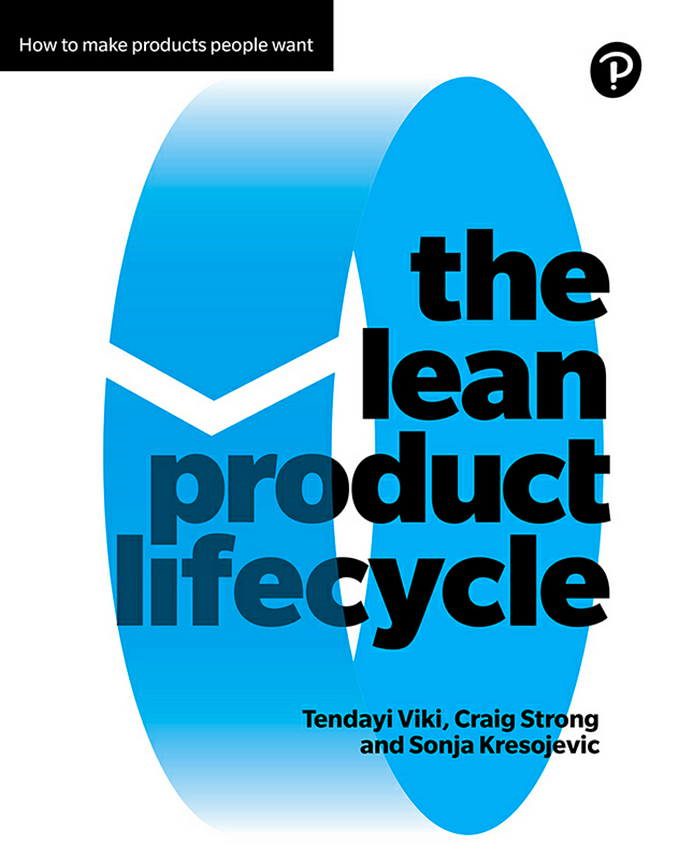The Entrepreneurial CFO

Innovation failures should not come as a surprise. Failure is an inevitable part of any entrepreneurial activity. In 2002, the failure of CNN+ made headlines. The streaming service was launched on March 29th. Less than a month later, on April 21st it was discontinued with only 10,000 active users.
A similar failure happened to Quibi, the short-form streaming platform that was founded in 2018. Under the leadership of Jeffrey Katzenberg and Meg Whitman, the service burned through $1.75 billion of investor money. It was launched in April 2020, but immediately failed to achieve its subscriber projections. Quibi didn’t last the year and was shut down in December 2020.
The fact that both Quibi and CNN launched streaming services that failed should not be that surprising. These failures are just a part of the innovation process. The real question is whether they needed to spend $1.75 billion on Quibi and $300 million on CNN+ to find out that the streaming services were not going to work. Is it really necessary for companies to make such large bets on untested ideas?
The Role Of The CFO
If we follow the trail of answers to this question, the buck stops with the Chief Financial Officer (i.e. CFO) and the finance function. In an EY survey, 80% of CFOs believed that they should be involved in business model innovation and new revenue opportunities. This takes the CFO’s role beyond the stewardship of the core business. The challenge for corporate innovators is in how the CFO shows up in this new role.
Most finance executives take the processes and tools that they use to make investment decisions on their core business and apply them to innovation. An example of this is the multi-page business case with long term financial projections. But such projections are only reliable for an existing business with known products, customers and business model.
The defining characteristic of innovation is uncertainty. When dealing with uncertainty, business planning does not work. Companies need a different process for managing their investments in innovation. The entrepreneurial CFO is comfortable with investing in a portfolio of ideas that have uncertain returns. While failure is an inevitable part of finding success, the role of the CFO is to mitigate the costs of these failures and produce a return from the portfolio of investments.
How To Be An Entrepreneurial CFO
The entrepreneurial CFO understands that there is a difference better exploiting current success and exploring future options. These are two different business worlds. The entrepreneurial CFO also understands that they can not apply the same investment and management philosophy to these two worlds. Even with this understanding, there are still a series of questions that the entrepreneurial CFO needs to answer with clarity and confidence:
- What is the impact of this uncertainty on our investment decision making? Uncertainty means that we can’t pick the winning ideas on day one. If we are truly trying to push the boundaries with transformative innovation, there is no way of knowing which idea will be successful on day one. In such circumstances, a business plan with long term projections is not a useful basis for making decisions. We have to find a methodology for making investment decisions without the business plan.
- If we can’t make decisions based on a business plan with projected returns how do we choose what to invest in? When you can’t pick the winner, the best way to invest is to make multiple small bets. Rather than one large investment as was the case with CNN+ and Quibi, each bet we make gets a small investment that allows the team to start testing their idea. The size of investment then increases over time, but only in those teams that are showing traction and progress.
- If we make multiple small bets, how do we choose which ideas to keep investing in? The entrepreneurial CFO avoids making decisions based on intuition. They tend to ignore the passion with which some teams present their ideas. An innovator having passion for an idea does not predict the future success of that idea. Instead, they make their decisions based on evidence. Our small initial investment is for teams to go out and test their ideas. That initial work should start to produce evidence on whether the ideas have potential for success.
- Using evidence, how do we track the progress the teams are making towards success? The best way to track progress is to design a framework with criteria and milestones. What the entrepreneurial CFO is looking for is increasingly stronger evidence of progress. In the initial stages, teams can discover customer needs through qualitative interviews. Overtime, we want the teams to start showing evidence that their value propositions resonate with customers and that their business models have potential for profit and scale. In these later stages, we are looking for stronger behavioral evidence of what customers do (e.g. pre-ordering the product).
- What do we do with the failed ideas and how do we measure returns? An entrepreneurial CFO does not measure return on investment on a project by project basis. The small bets we make are in anticipation that some of our investments will fail. So when these teams are not showing progress, the ideas should be stopped and shelved. The learnings from failed ideas can be cataloged for future teams. Instead of expecting returns on every small bet, the entrepreneurial CFO measures return on portfolio. The majority of our returns in innovation come from a few teams that succeed. As such, we can measure our returns on the basis of the overall portfolio of investments we have made in innovation and the few successes that this has produced.
Conclusion
There is often a myth that innovation requires big bets to succeed. This might be true in the later stages of innovation. But how leaders make such investment decisions matters. Starting with small bets allows leaders to learn about the idea and the team’s potential to drive it to success. As the team reduces the risk in their idea, leaders gain more confidence to make a larger investment. It is the job of the CFO to ensure that such a process of metered funding is in place and is managed well. While innovation failure is unavoidable, the CFO can ensure that such failure happens quickly and cheaply.
___________
This article was first published on Forbes where Tendayi Viki is a regular contributor. Learn more at www.tendayiviki.com









